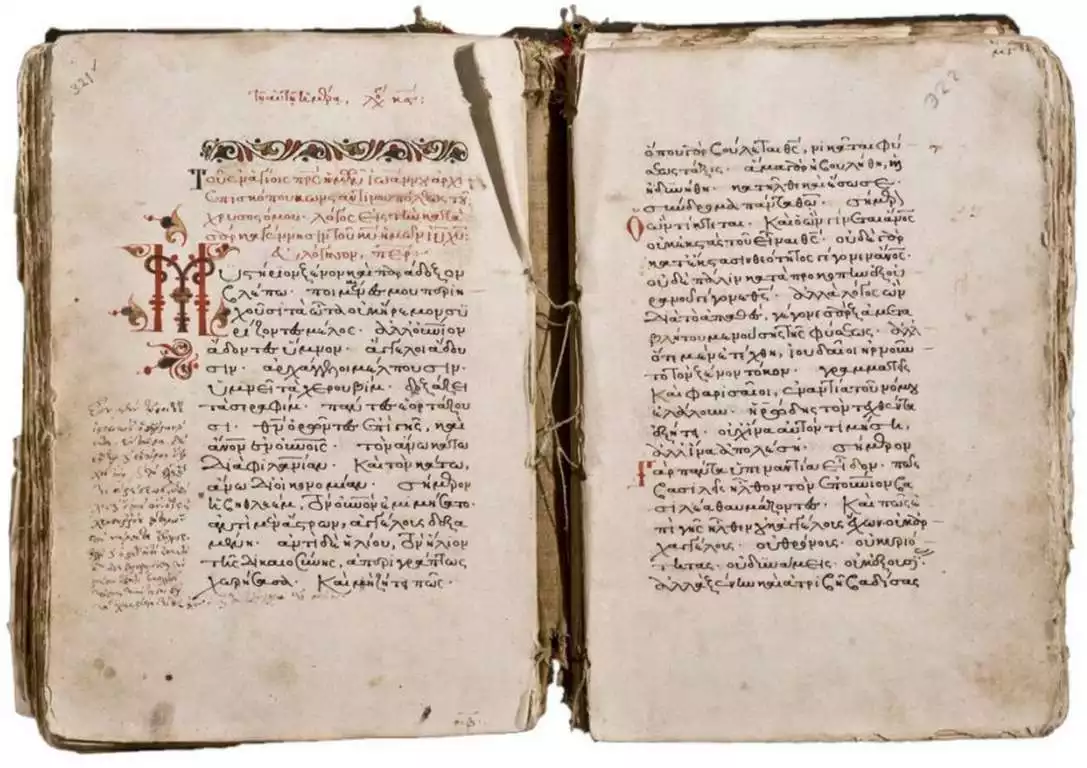
Catechism, a term deeply ingrained in Christian tradition, originates from the Greek word ‘katecheo’ meaning ‘to teach orally.’ This practice, pivotal in Christian religious education, dates back to the early Church. It served as a structured method of imparting Christian doctrines, primarily to prepare catechumens (new converts) for baptism. The use of catechisms became more formalized with the spread of Christianity, evolving through various historical epochs. Catechetical teaching, central to Christian pedagogy, significantly influenced the doctrinal development and ecclesiastical traditions of the Church.
The New Testament subtly references catechetical instruction. For instance, in Luke 1:4, the term ‘catechesis’ appears, implying an established oral tradition even in the apostolic era. As Christianity spread, the need for systematic teaching led to the development of structured catechisms, particularly prominent post-Constantine, when the Church experienced significant growth. These catechetical texts and methods became instrumental in maintaining theological consistency and orthodoxy across diverse Christian communities.
The Role and Evolution of Catechism
Catechism, serving as a cornerstone of Christian education, has undergone significant transformations across centuries. Initially, it focused on basic Christian doctrines — the Apostles’ Creed, the Lord’s Prayer, and the Ten Commandments. This foundational structure was designed to inculcate core Christian beliefs in adherents, ensuring a uniform understanding of faith essentials.
The Middle Ages witnessed a shift, with catechisms incorporating detailed explanations of sacraments and Christian morality. This period also saw the proliferation of vernacular catechisms, making religious education more accessible. The Council of Trent (1545-1563), responding to the Protestant Reformation, emphasized catechesis, leading to the creation of the Roman Catechism (1566). This document, targeting parish priests, underscored the Church’s teachings amidst rising denominational diversities.
Concurrently, Protestant Reformers like Martin Luther and John Calvin emphasized catechetical instruction. Luther’s Small Catechism (1529), intended for laypeople, and Calvin’s Geneva Catechism (1541), focusing on Reformed theology, illustrate this focus. These catechisms aimed to articulate distinct Protestant doctrines, marking a significant evolution in catechetical content and approach.
In contemporary times, catechism remains a vital tool in Christian denominations for religious education. The Second Vatican Council (1962-1965) led to the modernization of catechetical methods in the Catholic Church, culminating in the publication of the Catechism of the Catholic Church (1992). This comprehensive document reflects the Church’s teachings, adapting ancient wisdom to contemporary contexts. Similarly, various Protestant denominations continue to use catechisms to educate their members, often updating them to address modern-day challenges and questions.
Thus, catechism, as a dynamic and evolving tradition, reflects the adaptability and resilience of Christian education across ages, continuously seeking to engage believers in the depth and breadth of their faith.
The Impact and Significance of Catechism in Modern Christianity
The contemporary role of catechism extends beyond mere doctrinal instruction. It acts as a bridge connecting the rich heritage of Christian teachings with the complexities of modern life. In this era, catechisms address diverse topics such as social justice, environmental stewardship, and bioethics, reflecting Christianity’s engagement with current global issues.
Catechism also plays a pivotal role in personal spiritual development. It provides a structured approach to understanding faith, fostering a deeper relationship with God. This is particularly evident in the emphasis on personal prayer, meditation, and moral decision-making, equipping believers to live out their faith authentically.
Another significant aspect is ecumenism. Catechisms today often highlight the commonalities between different Christian denominations, promoting unity and understanding. This is a crucial step towards realizing Jesus’ prayer for unity among his followers (John 17:21).
Catechism, as a traditional and evolving educational tool, continues to be a vital element in Christian formation. Its adaptability and depth ensure that it remains relevant in guiding believers through the challenges of modern faith and life. By bridging historical teachings and contemporary issues, catechism helps foster a more informed, reflective, and active Christian community.
References
- “Catechism of the Catholic Church”. Archeparchy. Accessed 22 December 2023.
- “Compendium of the Catechism of the Catholic Church”. Vatican. Accessed 22 December 2023.
- “Matrimony in the Catechism of the Catholic Church”. University of Notre Dame. Accessed 22 December 2023.
- “The Editorial Commission for the Catechism of the Catholic Church”. United States Conference of Catholic Bishops. Accessed 22 December 2023.
